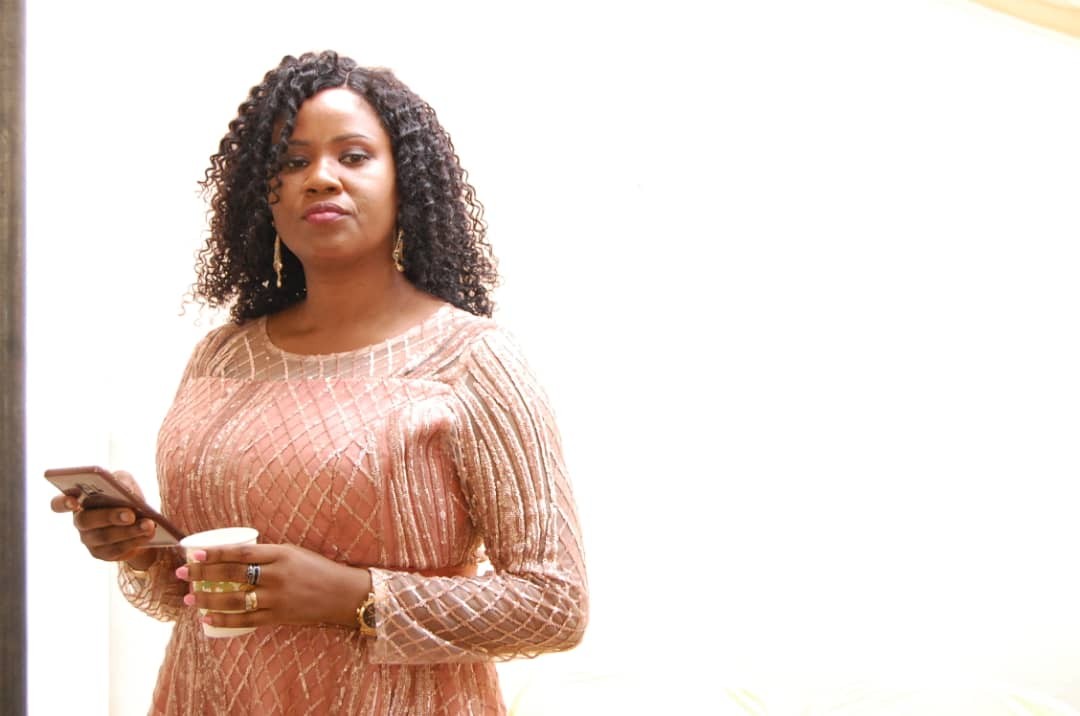Physical Address
4 Elgon Terrace, Kololo, Kampala, Uganda
Physical Address
4 Elgon Terrace, Kololo, Kampala, Uganda

In a continent where property rights are often disputed, records are scattered, and verification can take months, one Nigerian tech entrepreneur is rewriting the rules. Ayoola Adetutu Oniyinde, Founder and CEO of Cadastra360 NG, is leading one of the most ambitious digital transformation projects in West Africa: digitising property verification and land registry systems to combat fraud, unlock investment, and build public trust.
Launched in 2017, Cadastra360 NG combines blockchain technology, GIS mapping, and real-time verification to transform a manual, paper-based system into a secure, transparent, and accessible digital platform. Under Adetutu’s leadership, the company has already digitised hundreds of thousands of property records and enabled faster, safer transactions proving that homegrown solutions can solve Africa’s most entrenched challenges.
In this exclusive interview with TechPoint Africa, Adetutu shares her vision, leadership philosophy, and the lessons she’s learned on her mission to transform Africa’s property landscape.
Q&A Interview
Q: What inspired you to create Cadastra360 NG, and why did you choose to tackle the land and property verification problem?
Ayoola: I’ve always believed that the foundation of economic development is trust and land ownership is one of the areas where trust is weakest in Africa. In 2017, I saw how countless Nigerians were losing their life savings to land and property fraud due to fragmented records and manual verification. My background in digital strategy made me realise we could build a secure, technology-driven solution that would eliminate most of these risks. That’s how Cadastra360 NG started as a vision to make property verification fast, transparent, and trustworthy.
Q: What were the major challenges you faced when building the platform?
Ayoola: The biggest hurdle was data. Property records were scattered across ministries, often incomplete and not digitised. We had to work closely with state agencies to digitise, standardise, and integrate these records. Another challenge was user education, convincing people that a digital platform could be more reliable than visiting a government office. We tackled this through public awareness campaigns and by building a simple, intuitive user interface.
Q: How does Cadastra360’s technology work in practice?
Ayoola: Our platform links property data with geospatial coordinates, blockchain-secured records, and government-issued Certificates of Occupancy. Users can search for ownership details, view encumbrances, and download a verification report, all in minutes. We also flag suspicious activity using AI-driven fraud detection, which has already helped identify over 1,200 potential fraudulent cases.
Q: How has the platform impacted the Nigerian real estate ecosystem so far?
Ayoola: The impact has been significant. We’ve processed over 50,000 verifications and digitised property records across several states. As a result, property-related disputes are decreasing, investment confidence is growing, and banks are more willing to finance real estate transactions. Perhaps the most rewarding part is hearing from users who were able to avoid fraudulent deals because they verified a property on Cadastra360 first.
Q: Leadership is critical in scaling a tech startup. How would you describe your leadership style?
Ayoola: I lead with clarity and collaboration. I believe in setting a clear vision not just for the company, but for the problem we’re solving and then empowering my team to innovate around that vision. I encourage a culture of experimentation and continuous learning. I also spend a lot of time with our users, listening to their pain points, which helps guide our product roadmap.
Q: You are also known for mentoring young innovators. Why is mentorship important to you?
Ayoola: Because leadership isn’t just about building a successful company — it’s about building an ecosystem. Over the past few years, I’ve mentored more than 180 young founders through accelerator programmes and informal mentoring sessions. Many of them are now building solutions in fintech, healthtech, and logistics. Mentorship allows me to share the lessons I’ve learned and help others avoid the mistakes I made early on.
Q: What advice would you give to early-stage founders in Africa’s tech ecosystem?
Ayoola: Solve a real problem, start small, and focus on building trust with your users. Too many startups chase trends without deeply understanding the problem they’re solving. Also, don’t underestimate the power of partnerships especially with government agencies, which are often the gatekeepers in regulated industries like real estate and healthcare.
Q: What unique challenges do African founders face that those in other regions might not?
Ayoola: Access to reliable data, infrastructure limitations, and regulatory uncertainty are major challenges. But these challenges are also opportunities. Solving them requires creativity and resilience traits that I believe African founders have in abundance. Another challenge is funding. That’s why building a product with clear social and economic impact is key to attracting investors.
Q: How does Cadastra360 fit into Africa’s broader digital transformation story?
Ayoola: I see it as part of a larger movement to digitise public infrastructure from identity to healthcare to property. Land is the basis of wealth and security for millions of Africans, and by digitising it, we’re unlocking economic potential. Cadastra360 is more than a product; it’s part of a broader vision for a transparent, tech-driven Africa.
Q: Finally, what is your long-term vision for Cadastra360 and for yourself as a leader?
Ayoola: Our goal is to expand across West Africa and become the standard for property verification on the continent. I also want to use what I’ve learned to support policy reforms that make land governance more transparent and accessible. Personally, I hope to continue mentoring, investing in, and collaborating with other African innovators — because the future of technology here isn’t about one company, it’s about building an ecosystem that thrives together.
Finally, “Technology isn’t just about efficiency, it’s about trust. If we can build trust into the systems that underpin African economies, we can unlock enormous potential for generations to come.” – Adetutu Ayoola Oniyinde